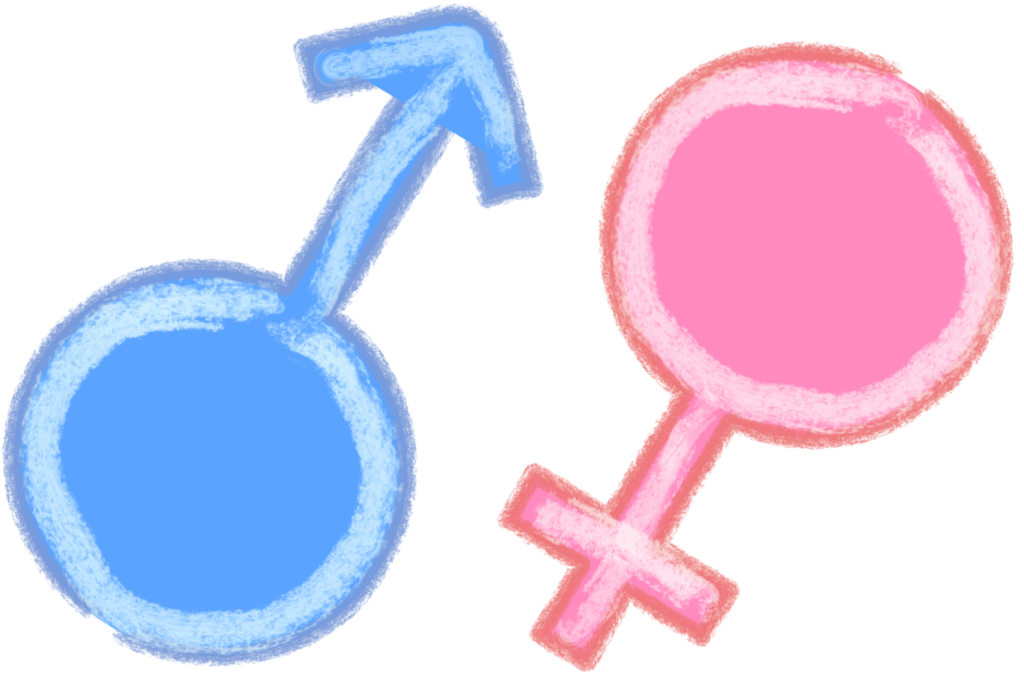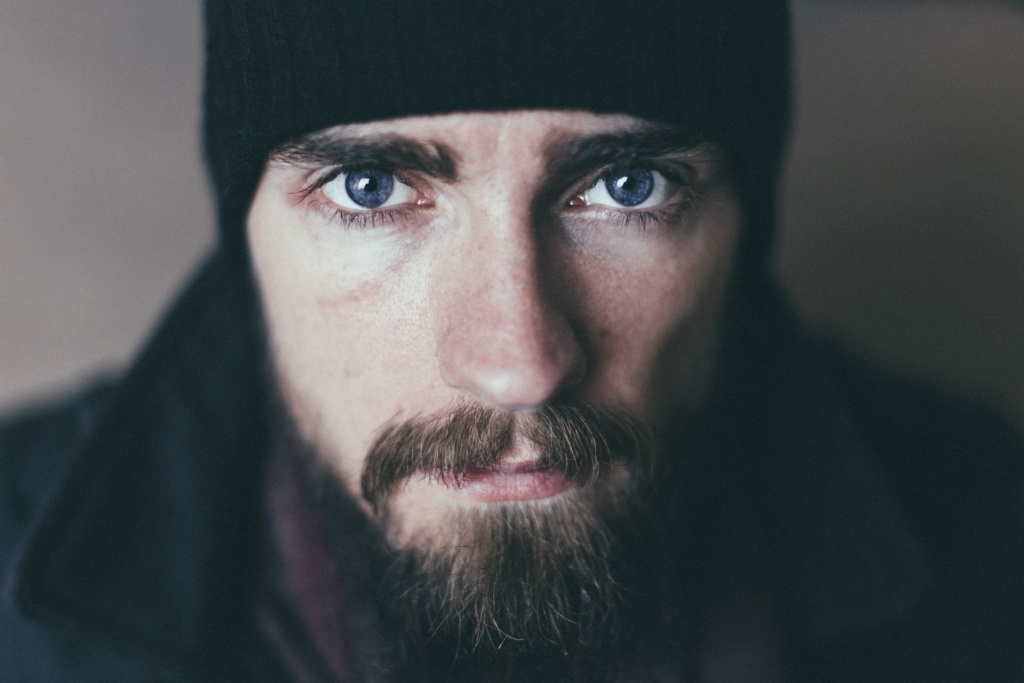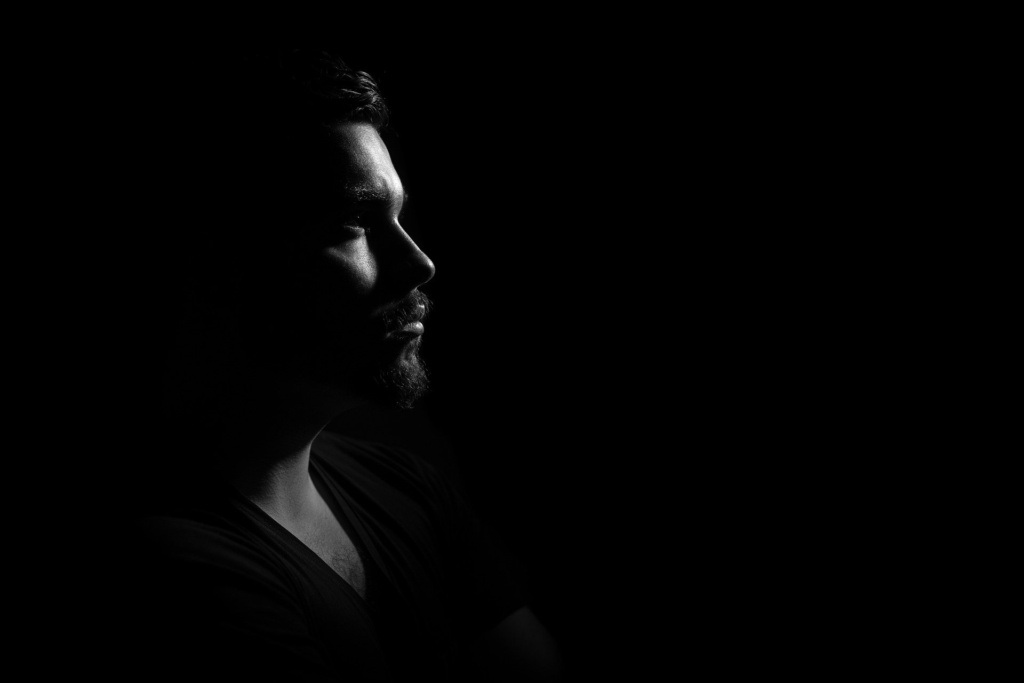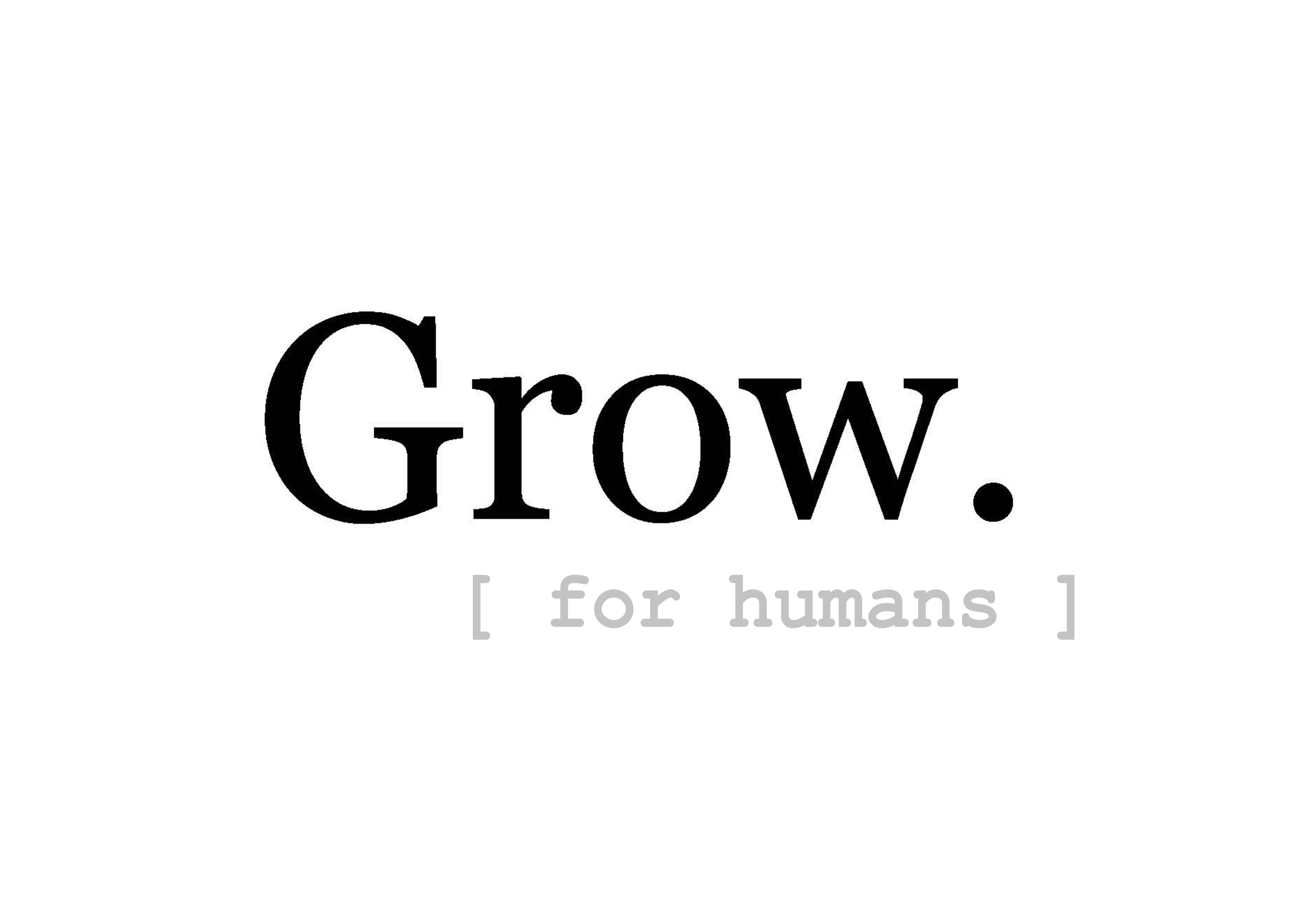
Gender is changing…
Perceptions of gender are changing dramatically. There was a time, not too long ago, where most people would have pigeonholed men and women in specific boxes when it came to work roles. Nowadays, as perceptions of gender become more fluid, the binary idea of being either male or female is becoming blurred.
Having said this, the majority of counsellors and psychotherapists still identify as ‘male’ or ‘female’ however…
And when it comes to seeking counselling, if you were to search the BACP’s membership of just over 40,000 practicing counsellors and psychotherapists, less than 20% are male.
At any one time, it is believed that one in five women (19.7%) and one in eight men (12.5%) are diagnosed with a common mental illness, such as anxiety, depression, panic disorder or obsessive compulsive disorder.
However…
4 out of 5 suicides (78%) are by men.
For men under 35 years old, suicide is the most likely cause of death.
Men’s Health Forum (July 2014)

Why are there many more Male Suicides?
What the statistics above could point to is that perhaps less men are reaching out for help than women. Although this has changed in recent years, with the ‘strong and silent’ expectation on men gradually shifting, there is still more to do. To reach out for counselling or psychotherapy involves admitting that something is wrong. When a man’s vision of his masculinity is tied up in being successful, going to see a counsellor can feel like failing: becoming less of a man.
So does this have an impact on why there are less male counsellors than female counsellors?
I think so yes. There is still strong social conditioning in our culture that if men express emotion, it is perceived as weakness. To be a male counsellor or psychotherapist involves challenging this social conditioning, which is difficult. I speak from experience.

Do we need more Male Counsellors and Psychotherapists?
Yes.
That’s the simple answer. Not everyone feels comfortable sharing intimately with a female counsellor. For some clients, both male and female, they may have experienced emotional, physical or sexual abuse at the hands of a woman and would feel more comfortable with a male counsellor or psychotherapist as a result. Not only this, but if male clients see their male counsellors role modeling that it is OK to express feelings and emotions, they could be more inclined to do the same.
If you would like to see if working with a male counsellor could be a fit for you, contact me to arrange a chat over the phone. Alternatively, you could click on the link below to find out more.

